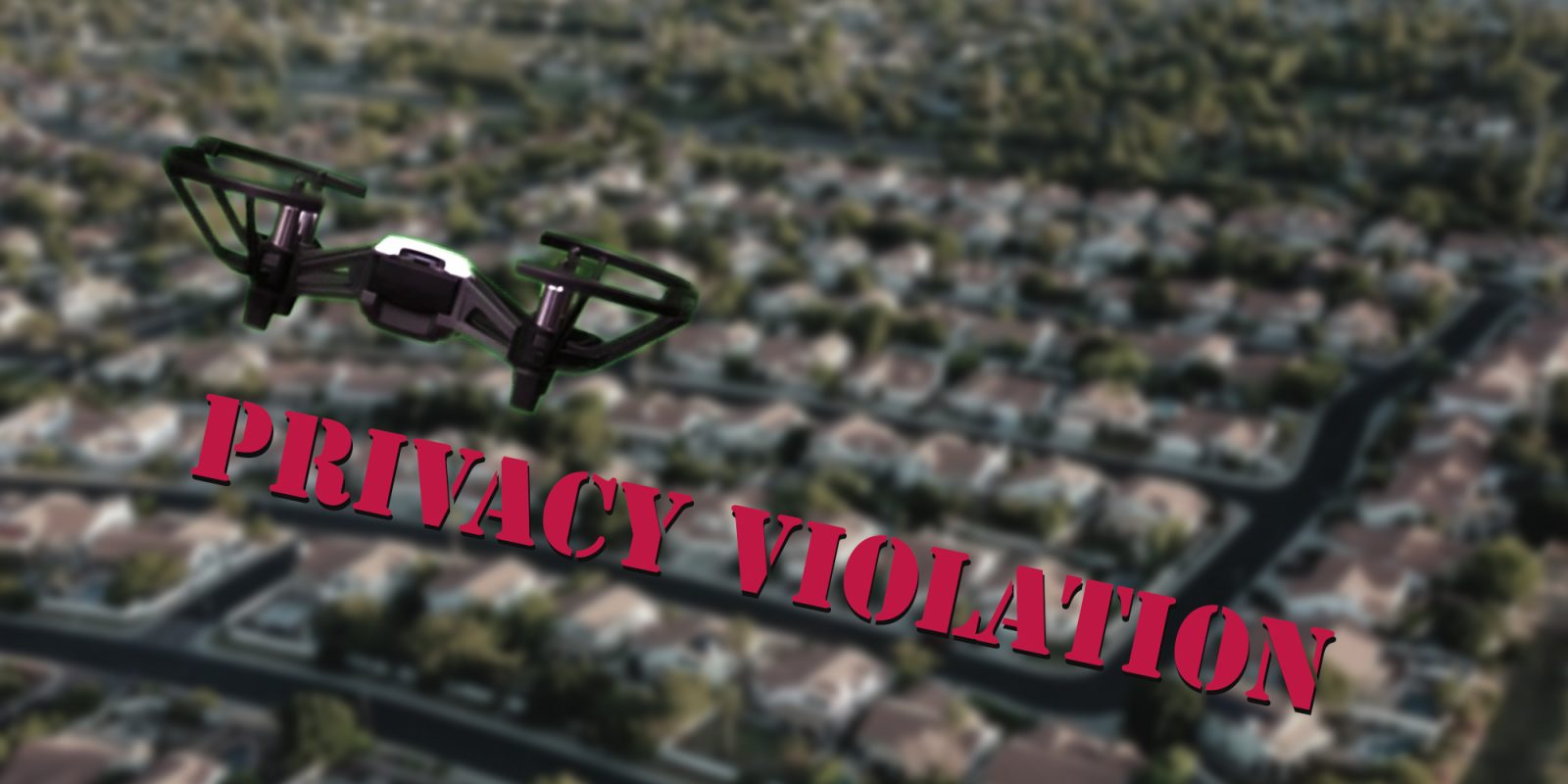
As virtually inevitable after a long series of protracted legal battles, the seemingly eternal case of a Michigan couple suing local authorities for having allegedly violated their privacy and constitutional rights by using a drone to inspect their cluttered yard is now heading to the state’s Supreme Court for final adjudication.
In response to the voluminous arguments submitted by both parties, the Supreme Court of Michigan’s Order 164948 laconically granted Long Lake Township residents Heather and Todd Maxon’s appeal in their case against the municipality to be heard by justices. The dispute dates back to 2007, when authorities began using a drone pilot to collect aerial evidence the couple’s use of their yard to stockpile cars that violated zoning laws – observations the Maxons called an illegal infringement on their privacy.
During the ensuing legal tussle, the basis of complaints has evolved to include claims the drone also violated Fourth Amendment protections against illegal searches and seizures. Various judges have largely ruled in favor of Long Lake Township officials, though an appeals court overturned that trend in 2021 – only to have a Michigan Supreme Court-ordered review reverse that judgement against the Maxons last October.
Read: Iowa bill aims to prohibit drones near livestock farms (again)
Given that long legal battle, and the now exhausted lower judicial arenas it can still be fought in, the Michigan Supreme Court has decided it now must consider the Maxon’s general appeal. During a yet-to-be-designated date, justices will consider constitutional rights the contested drone flight allegedly violated, as well as the most recent appellate court’s recognition of a legal statute that excluded certain of the Maxon’s arguments.
In its order, the court said it would rule – mercifully, once and for all – on “whether the appellee violated the appellants’ Fourth Amendment rights by using an unmanned drone to take aerial photographs of the appellants’ property for use in zoning and nuisance enforcement; and (2) whether the exclusionary rule applies to this dispute.”
Even drone operators and enthusiasts who hate courtroom dramas and the lawyers who star in them will want to keep an eye on how the Maxon appeal ends – and what effects jurisprudence in Michigan might have elsewhere on privacy laws.
That Long Lake Township authorities hired a drone pilot to collect evidence substantiating complaints the Maxon yard was being used to stockpile cars and parts in a manner unsightly to others is a virtual given. Ditto attendant claims that activity violated zoning laws the city cited in ordering the mess cleared.
The couple themselves tacitly acknowledged both points when – in response to threats of fines and legal action – they initially agreed to an out-of-court settlement promising to limit their collection of, um, stuff to then-existing volumes.
When additional drone flights of the increasingly cluttered yard indicated that agreement had been violated, resulting punitive action by the town sparked the Maxon suit for breach of privacy, with other others flowing from that – soon, all the way to Michigan’s Supreme Court.
Read: Michigan judge blocks county’s drone ban on public properties
Now it’s up to Michigan Supreme Court justices to decide whether use of the drone abused the Maxon’s privacy and Fourth Amendment rights. That decision that will no doubt be taken into account by individuals and lawyers around the US upset by the proliferating number of leisure, enterprise, and public administration UAVs overhead, and the electronic peeking risk those may bring.
FTC: We use income earning auto affiliate links. More.



Comments